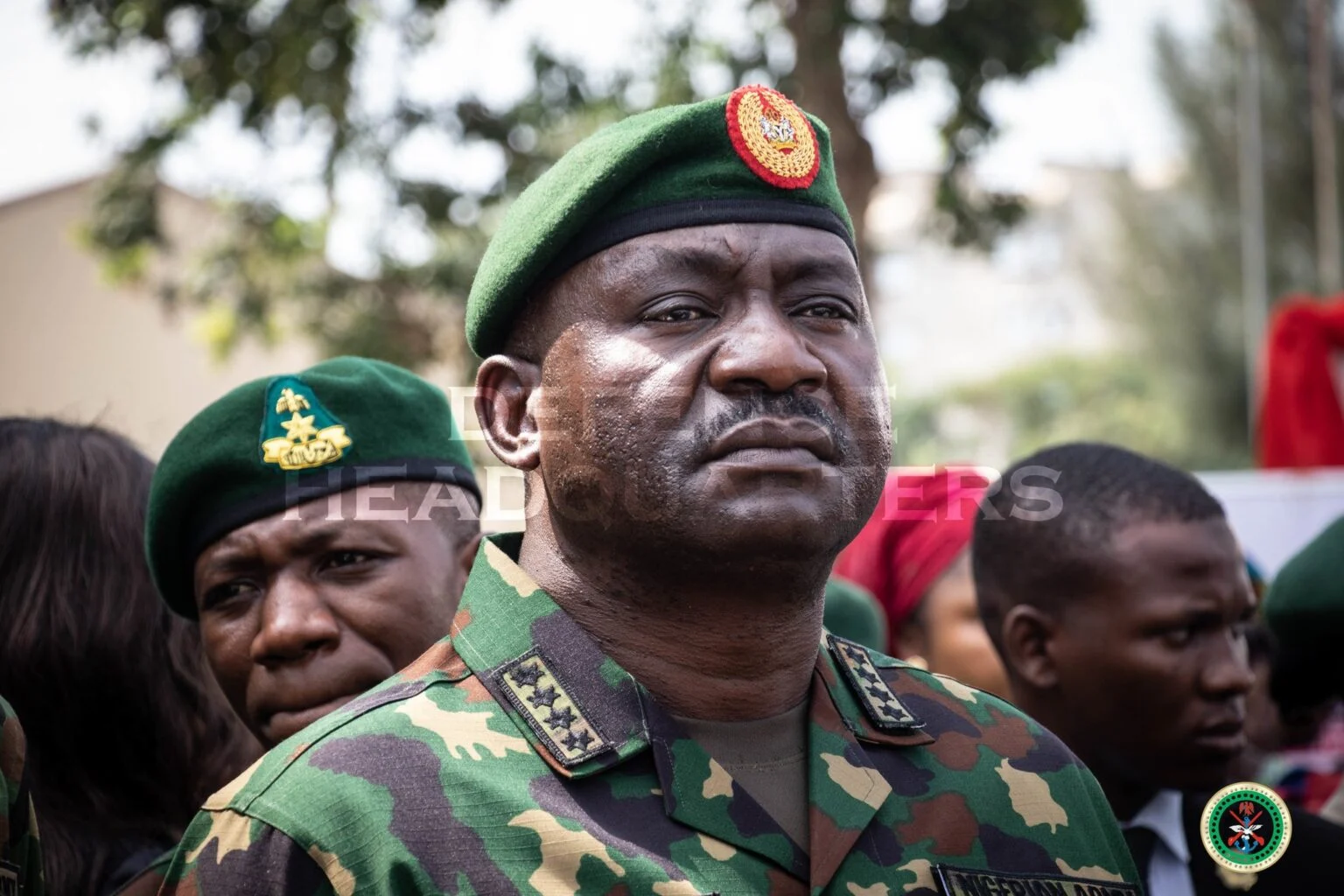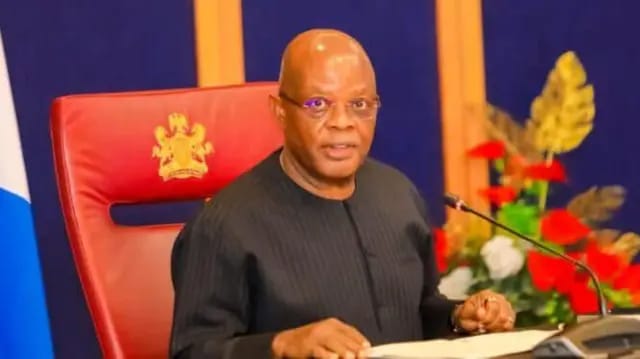Nigeria’s Chief of Defence Staff, General Christopher Musa, has revealed that troops were on ground in Yelwata, Benue State, during last Friday’s deadly attack, but were lured away by a false terror alert from a nearby community.
Addressing journalists in Abuja on Thursday, the CDS detailed the sequence of events, describing how misleading intelligence compromised their response.
“Because of the insider information, that actual day that it happened, the troops were there. There was a fake attack in another village. When the troops moved in, that was when they now came in to attack this other town,” General Musa explained.
Insider Sabotage and Collusion
The Defence Chief pointed to insider informants as a critical challenge, disclosing that attackers often receive real-time updates on military operations.
“I can tell you consistently if troops are moving for an operation, there are people who are monitoring them… telling them three vehicles, this number of soldiers… These people are giving them information,” he said.
General Musa also lamented the local support some of these criminal elements receive.
“People take food to them. People take even women to give them. That’s to tell you how bad it is and how sad the situation is.”
Calls for Good Governance
Amid the security breakdown, the CDS emphasized that long-term peace depends on good governance and inclusiveness, stressing that many conflicts are rooted in systemic neglect.
“If there is good governance and people feel a sense of belonging, most of these issues will be resolved,” he stated.
Casualty Discrepancy
The attack on Yelwata, which occurred overnight on June 13, led to widespread devastation. While government figures put the death toll at 59, several civil society groups estimate the number to be as high as 200.
Over 3,000 residents were reportedly displaced in the wake of the violence, believed to have been carried out by suspected herdsmen.
The incident has once again spotlighted Nigeria’s fragile security architecture and the pressing need for community trust, intelligence reform, and strategic coordination.




